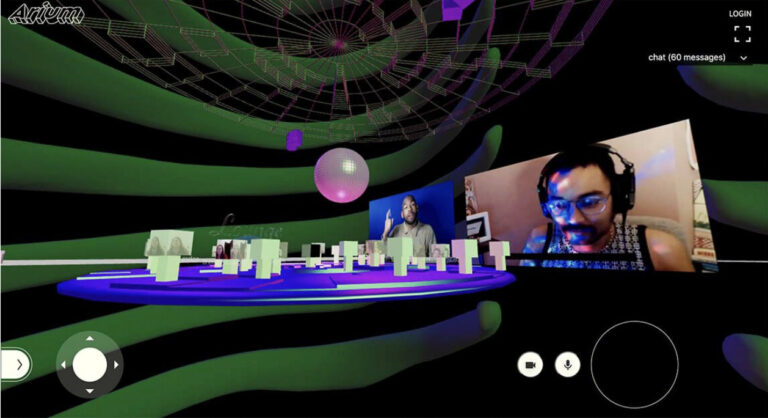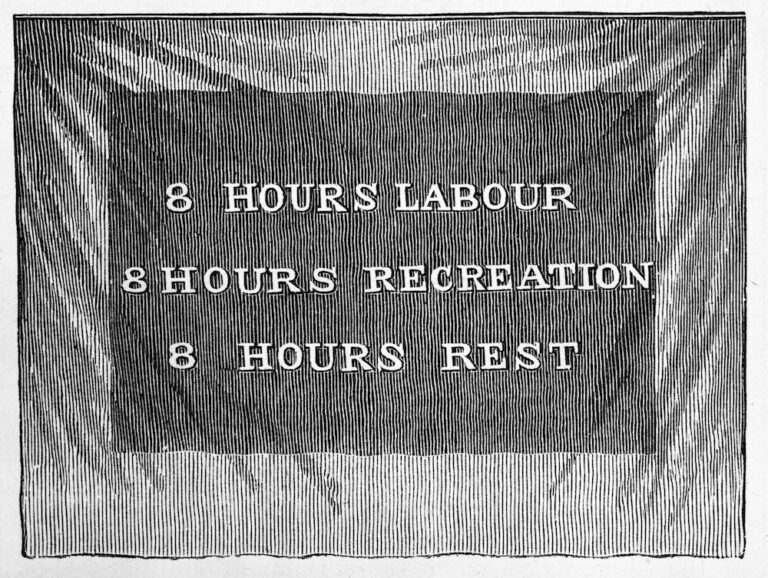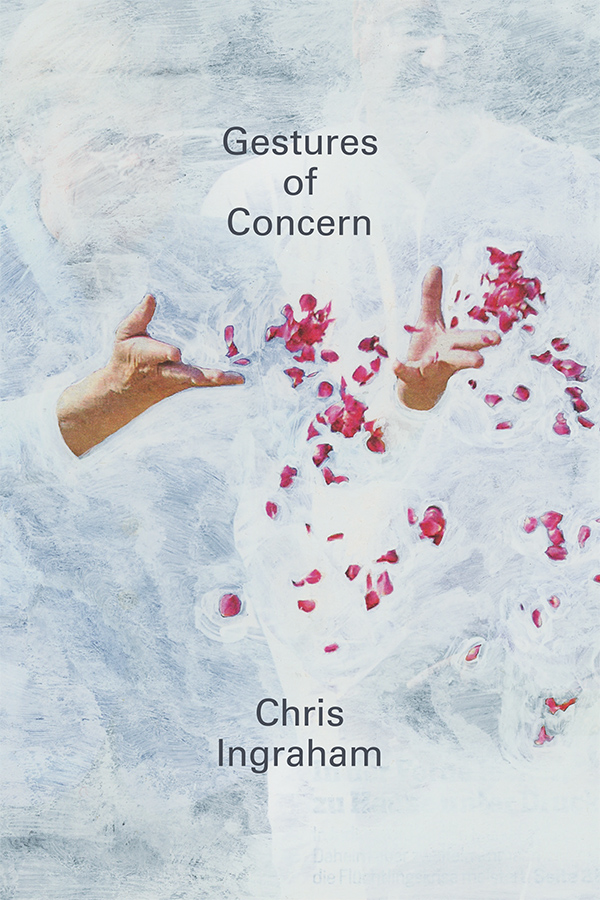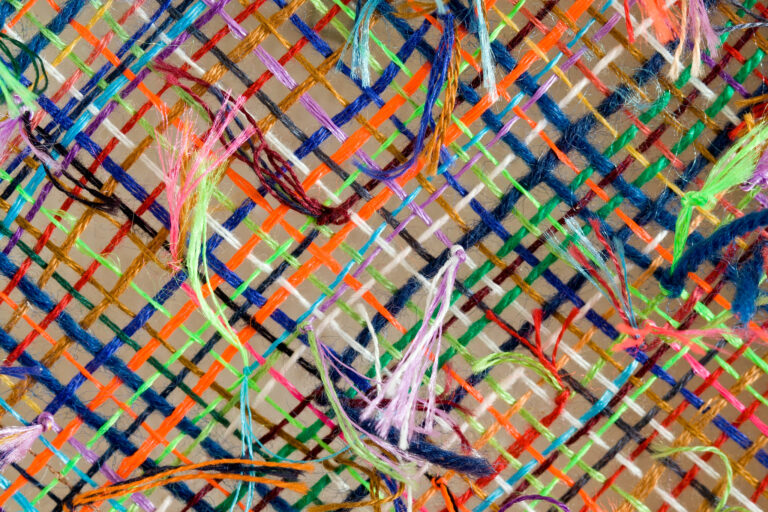Remote Access is a disability nightlife event informed by disability history, technology, and artistry. At the start of the COVID-19 pandemic, a collective of disabled artists and designers created an event to showcase how disabled people often participate in social life from our homes and beds. This contribution offers a living archive of the party and its evolution, as the planners created protocols for collective access through methodologies such as participatory audio description and live description of musical sound. We discuss how each new event offered opportunities for designing new practices based on disabled knowledge and expertise. As a result, the series of Remote Access nightlife parties became an ongoing opportunity to develop iterative accessibility protocols and community standards for remote/digital participation.
Keyword: culture
Review of Spectacle and Diversity: Transnational Media and Global Culture by Lee Artz (Routledge)
Lee Artz’s Spectacle and Diversity: Transnational Media and Global Culture brings to our attention the ways transnational media has created representations of global culture. By analyzing examples of nations with transnational media networks he acknowledges how each nation’s media culture has become a reflection of transnational ideals. Artz critiques the transnational ideals that benefit elites and the careful fusing of the themes such as self-interest, social mobility, and individual successes into media to maintain the status quo. The book concludes with a plea for a non-capitalist international movement to bring forth a new media wave, which might benefit the interests of humanity.
Back to Basics with Labor-Power: The Problem of Culture and Social Reproduction Theory
Ted Striphas recently called for a return to the “problem of culture” within cultural studies. This is a political as much as a methodological provocation: “culture” became an object of analysis among mid-twentieth century scholars in dialogue with Marxist accounts of ongoing political crises. Taking a cue from this past, this essay rethinks culture in relation to the ongoing crisis in social reproduction via Social Reproduction Theory (SRT). Within some Marxist feminist currents, “social reproduction” refers to the reproduction of labor-power, Marx’s term for the capacity to work sold on the market in exchange for wages. Marxist feminists have theorized such matters at length via their analyses of the practices undergirding the reproduction of labor-power. SRT is not unfamiliar to cultural studies scholars, but those engaged with it tend to explore the representation of socially reproductive practices within culture rather than the ways culture itself contributes to labor-power’s reproduction. This is unsurprising. Historically, the field has discussed labor-power in terms of its circulation rather than its reproduction, detailing culture’s role in reproducing social systems. Drawing upon Michael Denning’s “labor theory of culture,” recent work in SRT, and Marx, I argue that culture functions in a socially reproductive capacity within the logic of capitalism. In doing so, it casts cultural struggle as a form of social reproduction struggle at the intersection of labor-power’s reproduction and that of the society that requires it. This essay constructs a systematic account of culture’s socially reproductive function before using it to consider its historical expression in the current moment.
Review of Gestures of Concern by Chris Ingraham (Duke University Press)
Chris Ingraham’s Gestures of Concern considers how affective communities can be built by and through concerned gestures. His analysis of the political power of a range of these gestures—from the small tokens of get-well cards to the political protests against shuttered public resources such as libraries—emphasizes their affect as much as their action. Ingraham pays attention to the background of concerned gestures that are political, aesthetic, and community-based, and his analysis of their efficacy and their impact draws readers to consider different kinds of critical resistance in the face of growing social disparities.
Review of I’m Not Like Everybody Else: Biopolitics, Neoliberalism, and American Popular Music by Jeffrey Nealon (University of Nebraska Press)
In I’m Not Like Everybody Else, Nealon is not like everybody else (i.e., a poptimist), but rather dissects the position of popular music in American society and culture in the present moment. The title of the book comes from a performance by Ray Davies (former singer for the Kinks) at the Austin City Limits Music Festival in 2006. In a YouTube video of the performance, Nealon notes that when “the song’s titling chorus returns, the hipster ‘Keep Austin Weird’ audience is shown, all in unison, chanting ‘I’m Not Like Everybody Else.'”(68) It is in this example that he sees “the mass individuality logic of biopolitics in one concise screenshot: I’m ironically just like everybody else in and through my axiomatic self-assurance that I’m not like everybody else.” (68) This passage perfectly sums up Nealon’s thesis: through a capitalism that aims to make everyone a mass individual, people reaffirm their identity “not” being like everyone else, while at the same time failing to produce their identity positively.
Review of Iconoclasm: The Breaking and Making of Images edited by Rachel F. Stapleton and Antonio Viselli (McGill-Queen University Press)
Using an eclectic mix of artifacts (e.g. romance novels, historical sites, religious texts, literary texts), Iconoclasm highlights the cyclical nature of iconoclastic gestures and iconolatry. For the authors in this edited collection, iconoclasts re-energize iconophiles’ investments in a particular object through its shattering. In taking a Nietzschean perspective on destruction, they also gesture toward the ways in which iconoclastic acts contain the seeds of a new form of idol worship. Highlighting what they call the “Taussigian principle,” this text compels the reader to consider whether iconoclasm unwittingly reproduces the dialectical relationships it attempts to escape.
Review of Archaeologies of Touch: Interfacing with Haptics from Electricity to Computing by David Parisi (University of Minnesota)
Archaeologies of Touch announces itself as an opening salvo for a new media studies subfield capable of addressing this ongoing haptic reconstruction of our media environment. Parisi charts a genealogy of haptic interfacing that begins with seventeenth-century experiments using electrostatic generators and culminates in the latest projections for virtual reality. Over several centuries, we have become rendered “haptic subjects” through an “ongoing cultural training” (43) though “tactile media”—a “shifting assemblage composed of technical elements, embodied sensations, and cultural practices” (97). No longer aiming to stimulate the full surface of the flesh, what now counts as touch-based media assures but one or a few points of contact between the tip of the finger and the screen. Far from fulfilling the fate of electronics by rebalancing the human sensorium, haptic feedback as we know it today seems a step in the opposite direction. Parisi closes his book with a spirited call to action insisting on the need for an interdisciplinary subfield of haptic media studies, on par with visual cultural studies and sound studies.
Editors’ Introduction
This issue of Lateral examines the means by which performances happen at a variety of scales of cultural production and circulation, from the street to the living room to the border; from a cellphone to the theatrical stage to the art gallery; from public discourse in policy debates to the global circulation of performances of blackness, alterity, and power. Trends across these various means are thus particularly illuminating for the study of culture; performance can give us insight into aspects of culture more broadly and with great ability to account for differences and dynamics of power.
Culture Industries: Critical Interventions
This thread presents a different agenda for studying culture and the culture industries in particular, one that is grounded in a distinctly cultural studies materialist reflexivity. Cultural studies is probably best understood as the politically committed, theoretically grounded, and radically self-reflexive and historical-materialist analysis of cultural processes and practices, where the commitment to imagine a humane, socialist society has always been a guiding assumption in the field from its early formations in post-war Britain.







